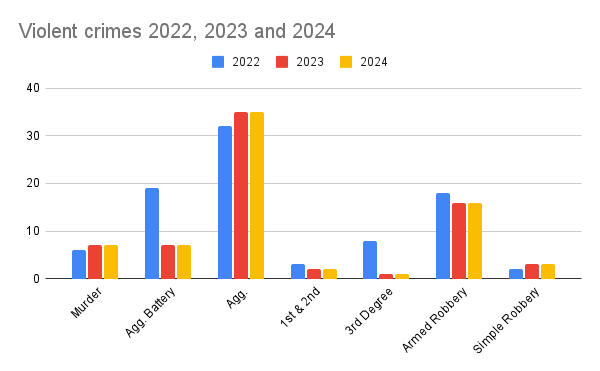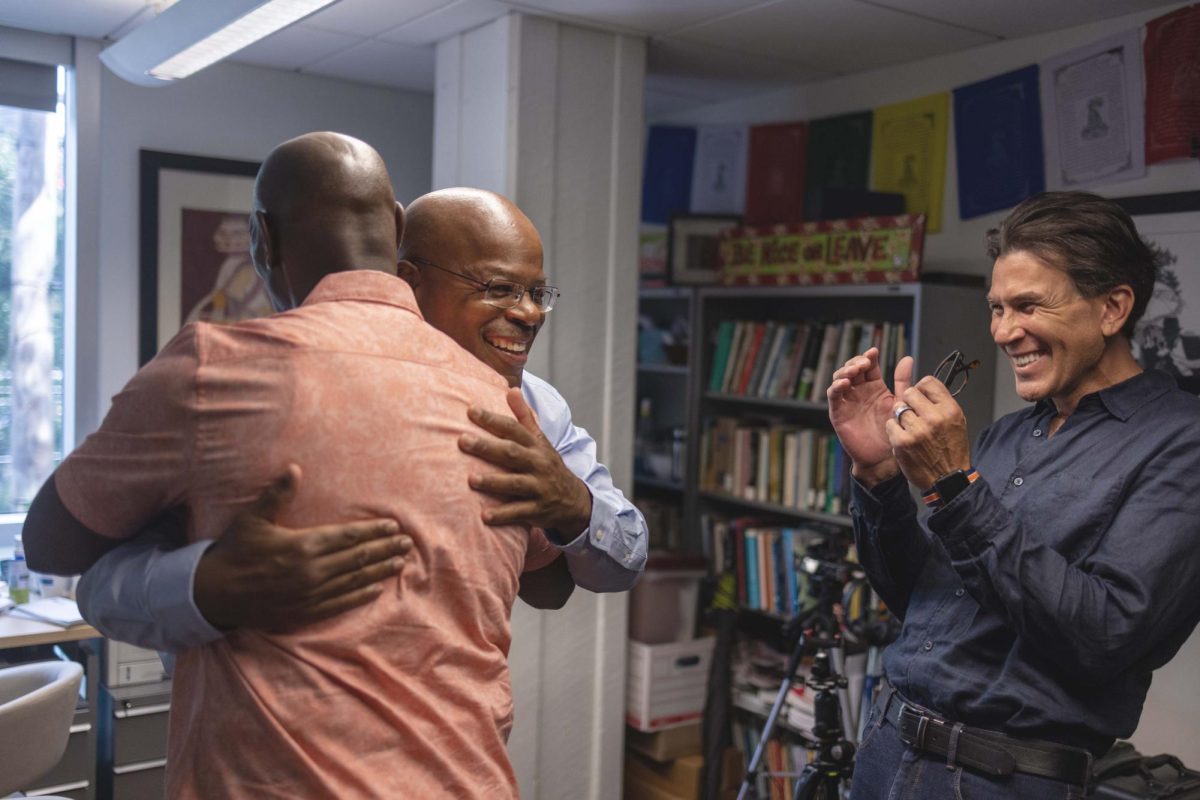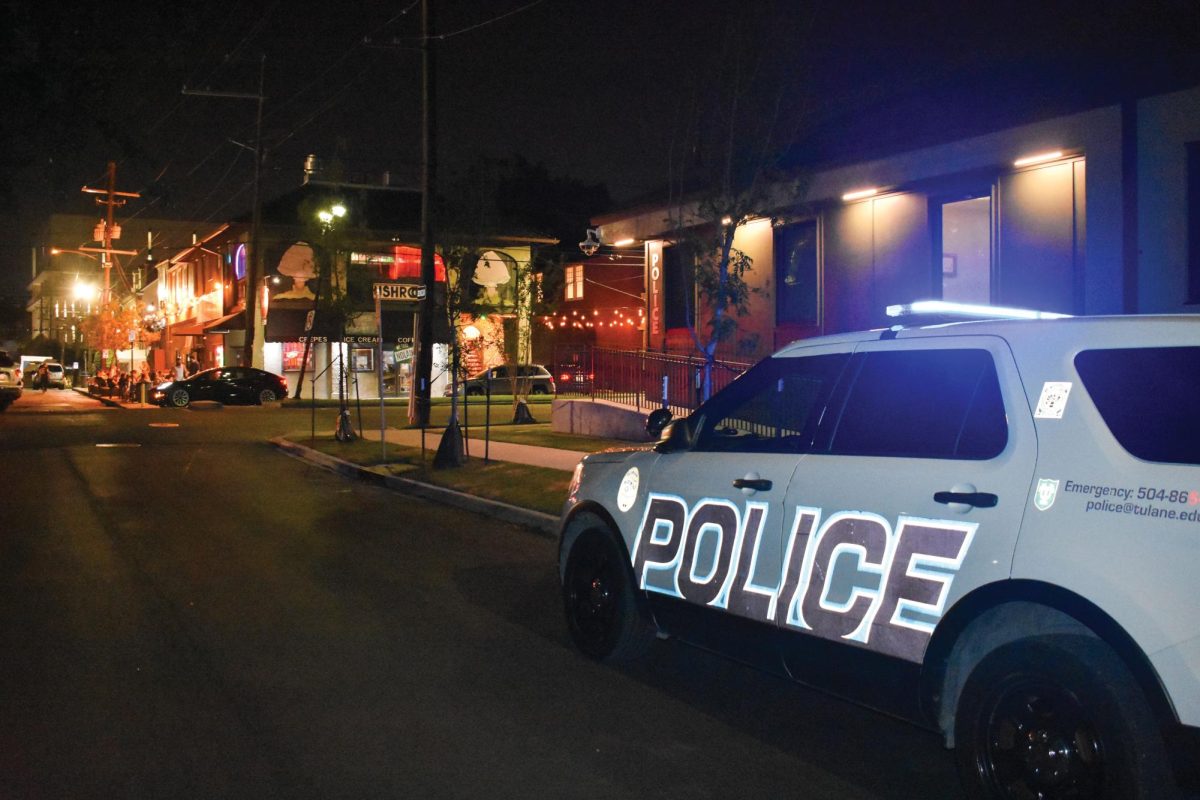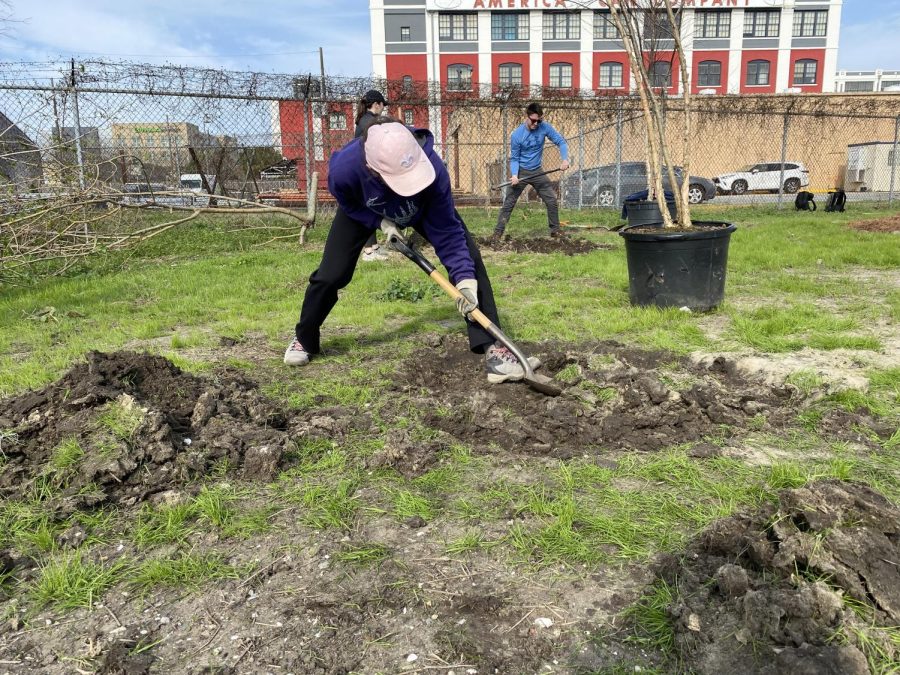Mayor Mitch Landrieu and Police Superintendent Ronal Serpas have a plan to reduce murders in 2012, turning to community policing strategies and the expertise of George Capowich, an associate sociology professor and criminologist.
According to a city report, there were 199 people murdered in 2011, up from 175 people in 2010. Landrieu called the murder rate an “epidemic that threatens our existence as a people” in a 2011 speech. While the murder rate remains at least 10 times the national average, violent and property crime rates are actually down from 2011, according to the FBI’s Uniform Crime Report. In fact, the city claims violent crime was down 18 percent in the first quarter of 2011 compared to 2010. The city’s main focus this year will be lowering the stubborn murder rate.
“Serpas and Landrieu are being tough, which they need to be,” Capowich said.
They are focusing on finding the best practices with proven effectiveness — strategies that can be implemented now. Other issues that affect crime, such as education and jobs, need to be addressed in the long term, Capowich said.
Community policing is one of these many new strategies. It is based on fostering relationships and trust between the police and the public, Capowich said. Community policing uses a problem-oriented approach. Officers are trained on how to use their knowledge of and relationship with the community to focus on specific problem locations within a city called hot spots.
“Crime is focused,” Capowich said. “Even in high-crime neighborhoods, there are a minority of locations where the majority of calls come in from.”
The idea is to narrow down the target area to focus problem-solving efforts. Community policing is not meant to replace traditional policing but to supplement it.
“Violence is complicated,” Capowich said. Community policing works because it “reduces the opportunity for violence to occur.”
Capowich said cities such as New York City, Chicago and Houston have all had success with this approach.
Capowich, who is on sabbatical this semester from Loyola, will spend the next few months leading 30 officers through five workshops in community and problem-oriented policing strategies. He will then guide the implementation of the strategies in five key areas of the city: the French Quarter, Central City, St. Roch, Hollygrove and New Orleans East. He will also conduct evaluations after implementation to determine the success of the program.
This program is being funded by a grant from the New Orleans Business Council.
While the community policing approach is now focused on murder hot spots, Capowich said this approach is applicable to all crimes, including robberies and rapes, which are of concern to Loyola and Tulane students living in the university area. The available resources are limited and police must focus on murders, especially since violent and property crimes are down, Capowich said.
J. Karin Curley can be reached at [email protected]
















